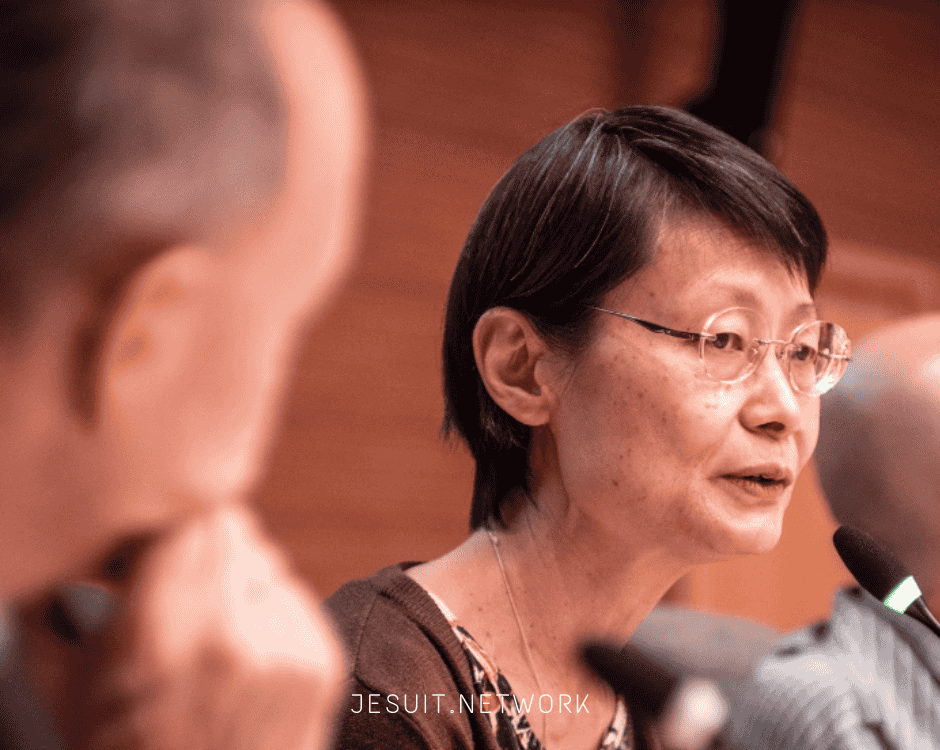This website uses cookies so that we can provide you with the best user experience possible. Cookie information is stored in your browser and performs functions such as recognising you when you return to our website and helping our team to understand which sections of the website you find most interesting and useful.
Networking to promote a consistent culture of protection
The Promotion of a Consistent Culture of Protection (PCCP) project, tasked with mapping and assessment and promoting prevention values networking as a way of working together to create safe environments and strengthen our apostolic work. The project is a call on the Global Society of Jesus to review how children and vulnerable adults are safeguarded and protected and to determine actions required to strengthen and prioritise promoting prevention, justice and healing.
These actions benefit from a collaborative approach and are enhanced when aligned with the Universal Apostolic Preferences of the Society of Jesus, 2019-2029 as they create an opportunity to come together in collective mission. As stated in the letter from Fr. General Arturo Sosa, ‘the Preferences give a horizon, a point of reference to the whole Society of Jesus. They capture our imaginations and awaken our desires. They unite us in our mission’. The second preference, walking with the excluded is particularly relevant to the PCCP project and our approach to networking as a tool for eliminating all forms of abuse and exploitation.
Networks create spaces both physically and virtually to share, listen, learn and support each other in a way that is vitally important when we refer to abuse and the crisis surrounding it. The sensitive and complex nature of abuse makes it challenging for people to accept, talk about and respond to. Networks can appear and operate in many ways and I have witnessed the power of sharing experiences and resources to initiate, motivate, and prioritise proactive responses and collective action.
On a recent visit to India I had the privilege of meeting with a group of advisors to the Jesuit Conference of South Asia who collaborate to raise awareness, educate and build capacity throughout the region to safeguard, protect and create safer environments. Each member of this group shares the vision of promoting a consistent culture of protection, yet each bring their own expertise to the table and have an openness and willingness to share. Collectively they offer the Conference a wide range of expertise and consolidated advice that aims to strengthen structures, policies, procedures, and training across the region. This sharing of expertise, experience and resources demonstrates the value of networking and working collaboratively. The proverb in English advises that two heads are better than one in approaching challenges and projects but networking says when many heads and hearts link up around a common project the work of our hands are blessed in surprising ways.
I believe if we are to achieve the ambitious goals of creating a consistent culture of protection and eliminating all forms of abuse inside and outside the Church, it can only be done if we work together and network to unite us in the mission.





